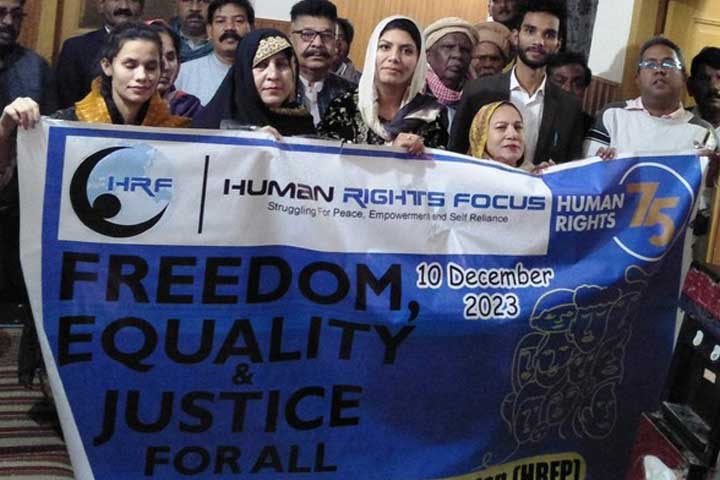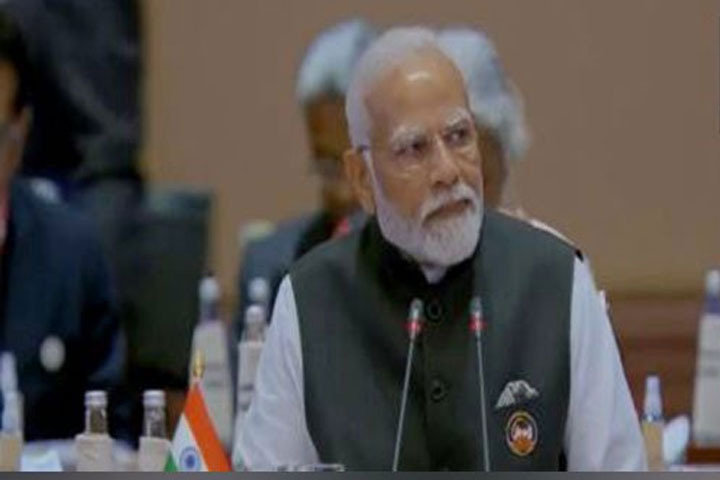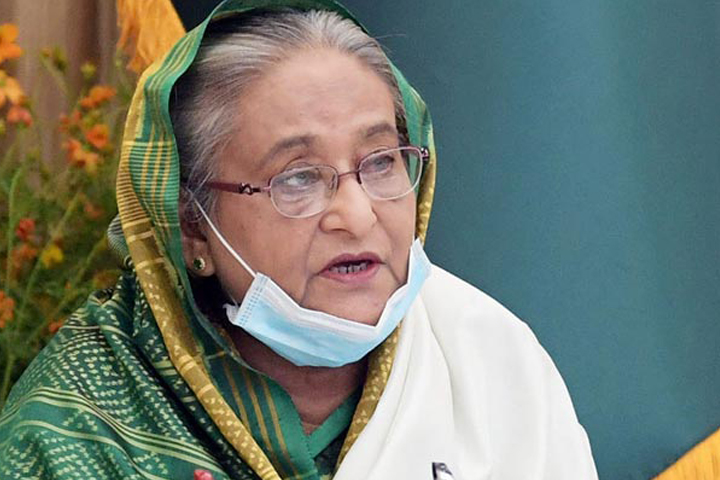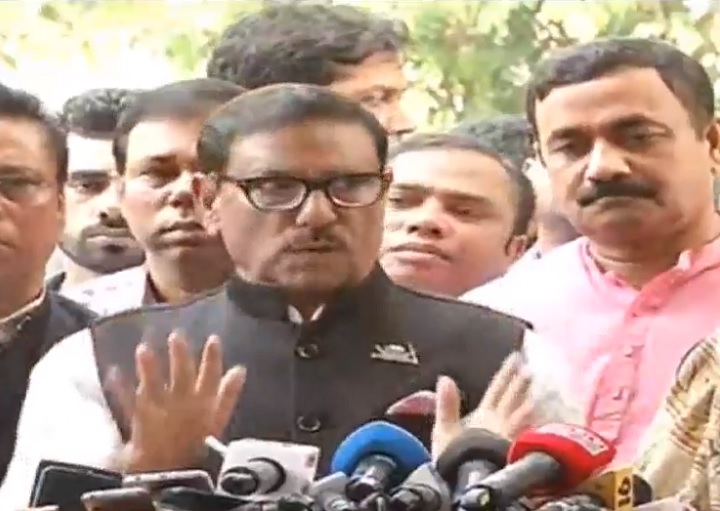Universal Declaration of Human Rights not practised: HRFP
Naveed Walter, President of Human Rights Focus Pakistan (HRFP), stressed that even after 75 years since the Universal Declaration of Human Rights (UDHR) was created in Pakistan, it has not been fully practised and implemented in the country.
HRFP observed Human Rights Day at the Vision Hall in Pakistan's Faisalabad on Sunday and the event was conducted on "Freedom, Equality and Justice for All".
The "theme of December 10, 2023, marks 75 years since the Universal Declaration of Human Rights (UDHR) was created in 1948," HRFP said in an official release.
"Unfortunately, even after 75 years, the UDHR has not been fully practised and implemented in Pakistan, while the country had signed on to that from the beginning," Walter said.
People from different walks of life participated in the event, including civil society organisations, HRDs, religious leaders, lawyers, teachers, youth, students, women, political workers, and different stakeholders.
According to the release, they discussed the available rights and what violations they were facing, particularly when their freedom, equality and justice had hurdles.
"Achieving the 17 Sustainable Development Goals and Agenda 2030 has been challenging, adding that freedom of religion and belief and equality based on gender, colour, race, religion, and economic status have been alarming, whereas justice has always been a problem," Walter said.
He further emphasised that religious minorities, women, children, labourers, and the common people are easier targets of such violations.
Moreover, referring to the minorities, Walter said that the elections in 2024 are approaching in February, while the last census of 2017 has been controversial.
"The population is a base of political participation and representation, as well as the reserve seats in national assemblies and provincial assemblies," he stated.
He added that minorities could play an important role in over 100 constituencies of national and provincial assemblies where they dominate the voter strength. So, without the minority voters' support, competing candidates can't win.
Additionally, Walter said that while their political parties promise minorities in their manifestos and deliver promises, Muslim candidates only engage minority voters during elections. After that, they never return to their communities for any form of assistance or growth.
During the discussions, panellists, including Sohail, Shadman (HRFP), Hamdosh (HRFP), James, Naseem, Sadaf, John, Saleem, Manzoor, Nida, Nusrat and others, talked about human rights, freedom, equality and justice, which are equally important for all humans without any kind of bias, according to the release.
The speakers brainstormed how to mainstream the people to achieve the SDGs and Agenda 2030 and to raise and resolve their core issues to safeguard their fundamental rights, protective measures and religious freedoms.
"They said there is a dire need to make the ignored and marginalised united and have to focus on achieving Agenda 2030," the release stated.
Following the discussions, the participants held a protest with placards and banners that demanded equality and religious liberty and highlighted the minority's various issues.
Source: ANI
13 Dec 2023,20:19














 Live Tv
Live Tv







